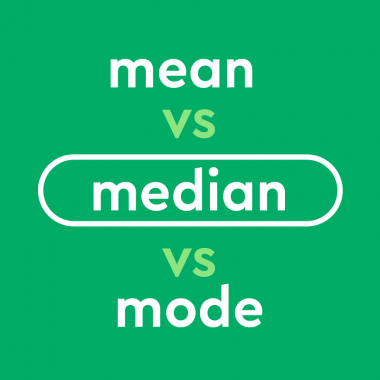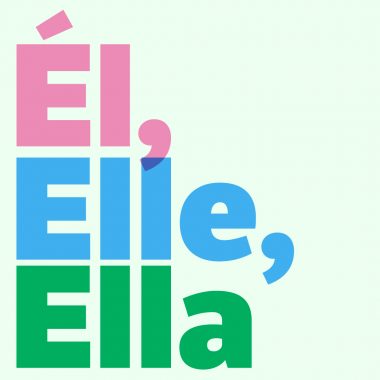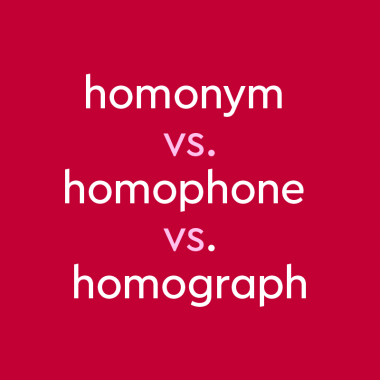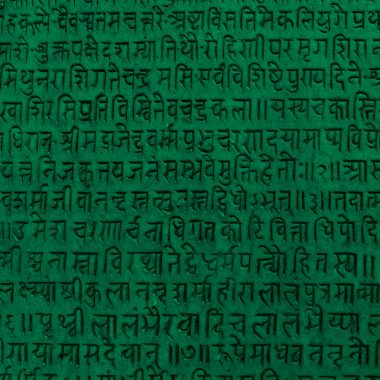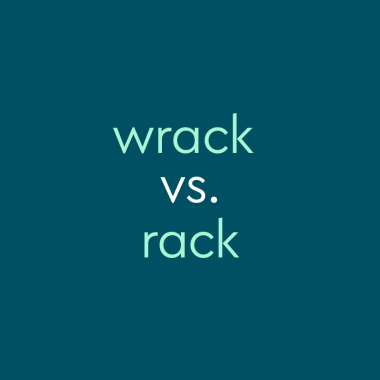A List Of Words That End In -Nym. How Many Do You Know?
We love to look at words, and today the name of the game is words that end in -nym. The ending -nym or, most often, -onym is a combining form from Greek that means “name.” Apparently, we love naming names because there are a whole bunch of words that end in -nym. Some of these words are pretty common, but we managed to find quite …
![List of words in white outline, with central word in bold purple font, on lilac background: “pseudonym, synonym, caconym, inaptonym [in bold], metonym, backronym, retronym"](https://www.dictionary.com/e/wp-content/uploads/2022/04/20220426_NYM_800x800-380x380.png)
![dark teal text on light teal background: "perennial vs. annual" ["vs." in white font]](https://www.dictionary.com/e/wp-content/uploads/2022/04/20220422_annual_1000x562-380x380.png)


